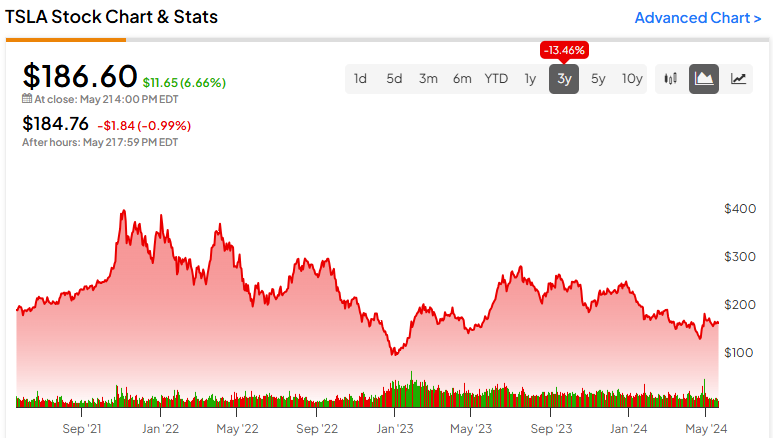Jan. 19—MORGANTOWN — As the state Public Service Commission considers a Mon Power /Potomac Edison proposal to lower the credits for home solar customers, Solar United Neighbors has released results of a survey that shows the popularity of solar power — including home solar.
Solar United Neighbors (SUN) is a national nonprofit that advocates for solar power and is an intervenor in the FirstEnergy sister’s PSC rate case that includes the reduction in the net-metering credit for home solar customers.
Commenting on the survey, Leah Barbor, SUN West Virginia state director, said, “The most important takeaway is that West Virginians support solar. They want policies that protect and expand access to solar—regardless of party. I hope our decision makers will heed these results this legislative session. It’s time to support strong solar policy.”
SUN said it contracted Echelon Insights to poll West Virginians across the state on solar energy initiatives. Participants ranged in age from 18-65-plus from areas including Bluefield /Beckley, Charleston, Huntington, Clarksburg /Weston and Wheeling. Participants included self-identified conservatives, Democrats and Independents.
Among the results:
— 78 % believe it is a good idea for more West Virginia families to own and benefit from their own solar panels.
— Nearly 70 % support community solar initiatives, which would allow residential customers to tap into power from nearby solar panels without installing at their own homes — 65 % said they would be much less or somewhat less likely to support re-election for legislators who voted for bills to raise the cost of solar panel installation.
The poll also included questions regarding the companies’ proposed changes to net metering.
The proposal is included in their base rate case, filed May 31, requesting $207.5 million, including for infrastructure and their energy assistance program. The hike would cost the average residential customer $18.07 per month—raising a bill from $120.20 to $138.27, a 15 % hike. The overall proposed increase across all customer types—residential, commercial, industrial and street lighting—is 13 %.
Net-metering customers generate all or a portion of their own power, typically through solar, and receive credits on their bill for any power they generate in excess of what they use.
Currently, the companies provide a full 1-to-1 credit, meaning energy given to the utility is worth the same as energy bought from the utility. The current residential base rate is about 11.4 cents per kilowatt hour (kWh) and could go up to about 13 cents as the companies’ several rate cases reach their respective conclusions.
The companies propose to change that to base credits on the wholesale rate for electricity, which the filings calculate at 6.6 cents per kWh—roughly half of the 13 cents per kWh. This would take effect for new net-metering customers joining after March 27, 2024.
PSC staff have agreed that the credit needs to be reduced but proposed a middle ground: 8.8 cents per kWh.
In the poll, SUN said, after being thoroughly informed about the concept of net metering, 70 % of survey respondents expressed support for the current net metering system.
Gary Zuckett, executive director of West Virginia Citizen Action Group—also an intervenor in the rate case—commented, “As a homeowner with new rooftop solar panels that are also connected to our local utility’s grid, a full value credit on the power I pump into the grid is essential to make my solar installation pay for itself.”
In a Thursday PSC filing, the companies said the parties are attempting to reach a settlement on all or a portion of the various issues in the case and continue to negotiate in good faith toward a resolution in full, or a least a narrowing of the issues. They said they will keep the PSC informed as the Jan. 24 evidentiary hearing date approaches.
The PSC has also scheduled a virtual public hearing in the case, set for 5:30 p.m. Jan. 22. Interested persons may comment telephonically through the Microsoft Teams application from the internet, or in-person at the Commission headquarters, 201 Brooks St., Charleston.
As of Friday afternoon, the net-metering proposal had generated 1, 359 letters of protest. Mon Power has said the proposal is a way to avoid cross-subsidization, where regular customers would be footing part of the bill for net-metering customers ; cross-subsidization is prohibited in state code.
Earlier this month, Mon Power flipped the switch on the first of its five planned solar power sites. This one is at Fort Martin and is the largest solar site in West Virginia. It sits on 92 acres adjacent to Mon Power’s Fort Martin coal-fired plant, and the solar operation covers 80 of those acres, with 49, 032 solar panels generating 18.89 MW.
The solar sites were enabled by 2020 legislation, SB 583, which allows the state’s two electric utilities, Mon Power and AEP to build or buy and then own and operate solar plants—four 50 megawatt plants totaling 200 MW per utility—in order to draw national companies to West Virginia that want a significant solar element in their energy portfolio.
Email: dbeard @dominionpost.com
Signup bonus from




